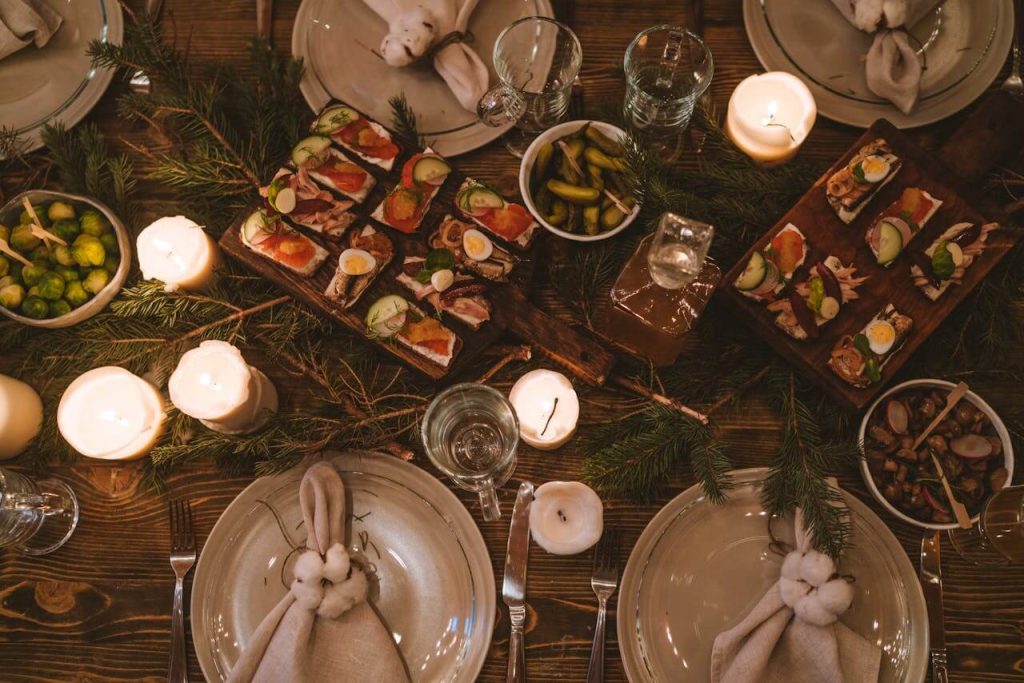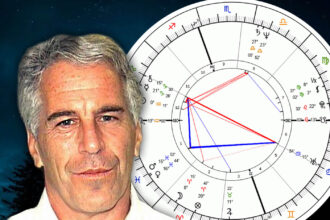Food and New Year’s always seem to go together, but it’s not just about cooking something nice for the evening. All around the world, people eat certain foods because they believe they bring luck, love, money, or simply a better start. Even if you’re not superstitious at all, there’s something charming about it, these foods become little rituals, passed down from families, grandparents, cultures.
If you ever wondered why people eat grapes at midnight or insist on noodles that are way too long to fit on a fork, this is why.
Round Foods for a Full Circle of Luck
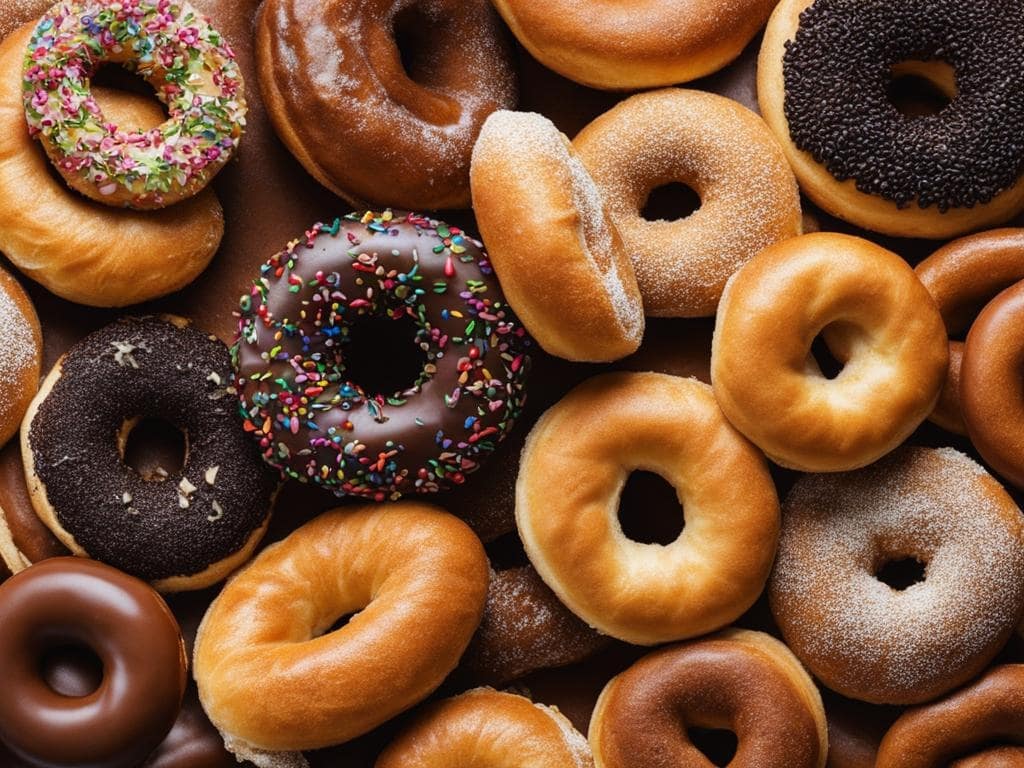
Round foods, grapes, oranges, doughnuts or bagels, are everywhere on New Year’s for one reason: circles have no end. They symbolize continuity, life coming full circle, and the hope that what begins well will also end well.
A sweet round pastry on New Year’s morning isn’t just breakfast; it’s a quiet wish for “may this year be sweet and whole.”
Some people slice apples and oranges, others bake round cakes, and in some households, bowls of mandarins sit on the table like tiny golden suns waiting to bless the year ahead.
The Midnight Grapes
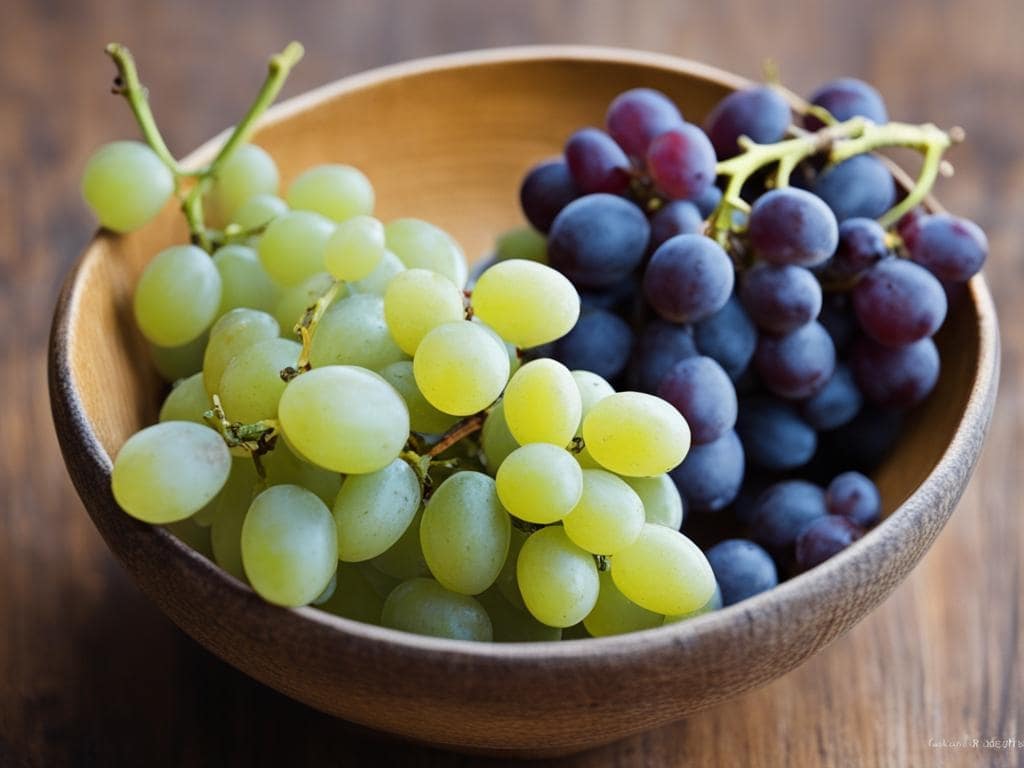
In Spain, as the clock strikes twelve, people eat twelve grapes, one for each month ahead. The rule is simple: one grape with every chime. If you manage to eat all twelve before the last bell rings, the year is said to bless you with luck. It sounds easy… until you actually try it.
Grapes were once a luxury, so being able to eat twelve of them meant wealth and abundance. Their soft sweetness symbolized a year without bitterness. Now, this tradition lives in living rooms everywhere, laughter, grapes, and a little chaos as the clock rushes.
Fish and the Flow of Abundance

In many cultures, fish is the chosen dish for New Year’s because fish always swim forward, never backward. In Chinese tradition, the word for “fish” sounds like the word for “abundance,” so serving a whole fish is like saying, “May nothing be missing from your life.”
Some believe the fish should be served head to tail, meaning luck from beginning to end of the year. Others place a fish dish on the table and leave a little piece uneaten, symbolizing leftovers, not of food, but of fortune.
Why Some People Avoid Poultry

Chicken or turkey might seem like a cozy winter meal, but old folklore says birds scratch backward, and eating them might scratch away your luck too. So people avoid anything with feathers on January 1st, just in case.
Instead, pork is considered lucky. Pigs root forward, moving ahead into the future. They don’t look back and that’s exactly how people want to enter the new year.
Long Noodles, Long Life
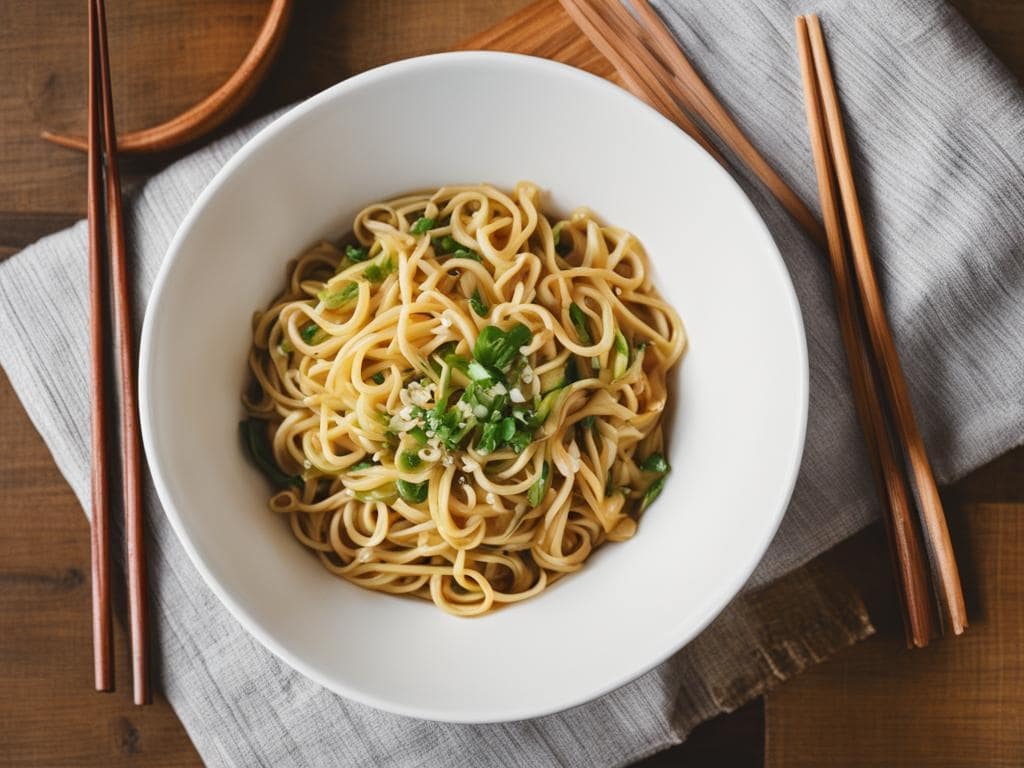
In many Asian traditions, long noodles are eaten without breaking them. The longer the noodle, the longer the life. The superstition says, “don’t cut them, don’t bite through them, just twirl and hope.” It doesn’t matter if they’re soba, ramen, or homemade pasta at midnight. What matters is that they stretch on, just like the life you’re wishing for.
Lentils for Coins and Wealth
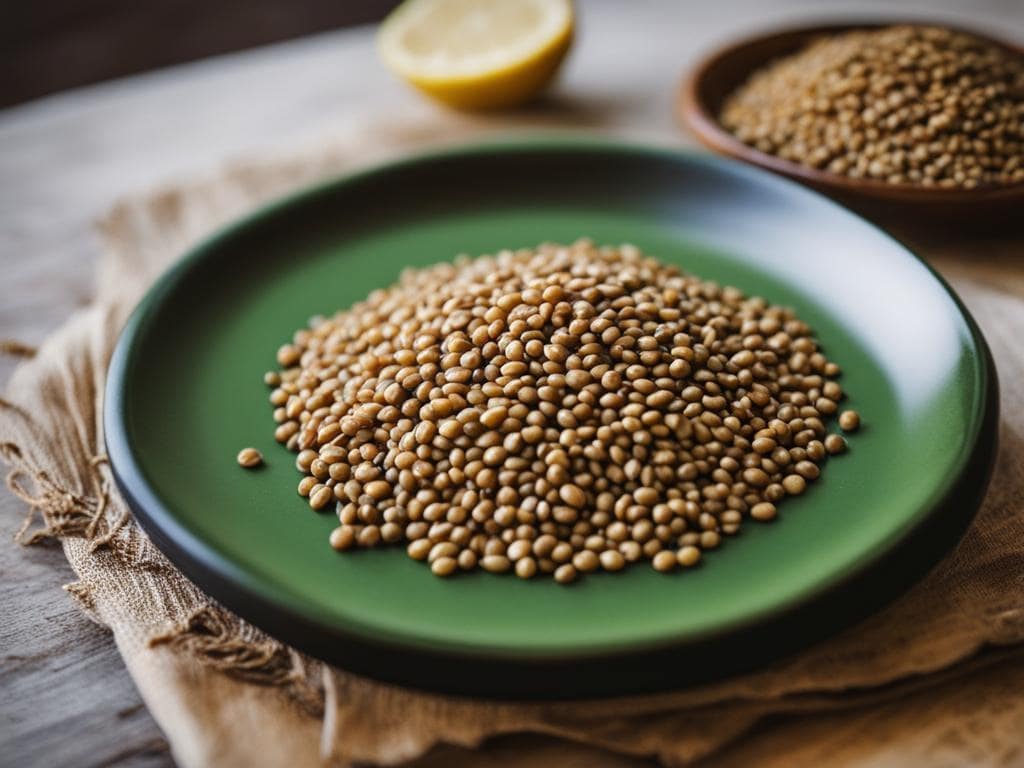
In the Czech Republic (and in Italy too), lentils are eaten for luck and money. Their tiny coin-like shape is said to attract prosperity. People often cook them with a bit of vinegar and bacon or serve them alongside pork. At midnight, a spoonful of lentils and a bite of pork is more than food; it’s a small ritual for abundance.
What Not to Eat (If You’re Superstitious)
Some foods are avoided altogether. Not out of fear, but tradition. Some people won’t touch beans or leafy greens because they believe money could “slip away.” Others avoid bread, thinking it symbolizes poverty. Poultry, as mentioned, is skipped because of the backward-scratching myth.
Even if you don’t follow any of this, there’s something comforting in knowing why these rules exist. They’re about hope, not fear.
Happy New Year!
Maybe lentils won’t actually make you rich. Maybe grapes won’t guarantee happiness. But rituals make moments sacred. They turn an ordinary meal into something that says: I believe in better days.
When you sit at the table this New Year’s Eve, with champagne and grapes, or just tea and leftover cookies, you’re taking part in something ancient and quietly beautiful: the human habit of hoping.
Happy New Year 2026. May it be soft, steady, and kind to you.



